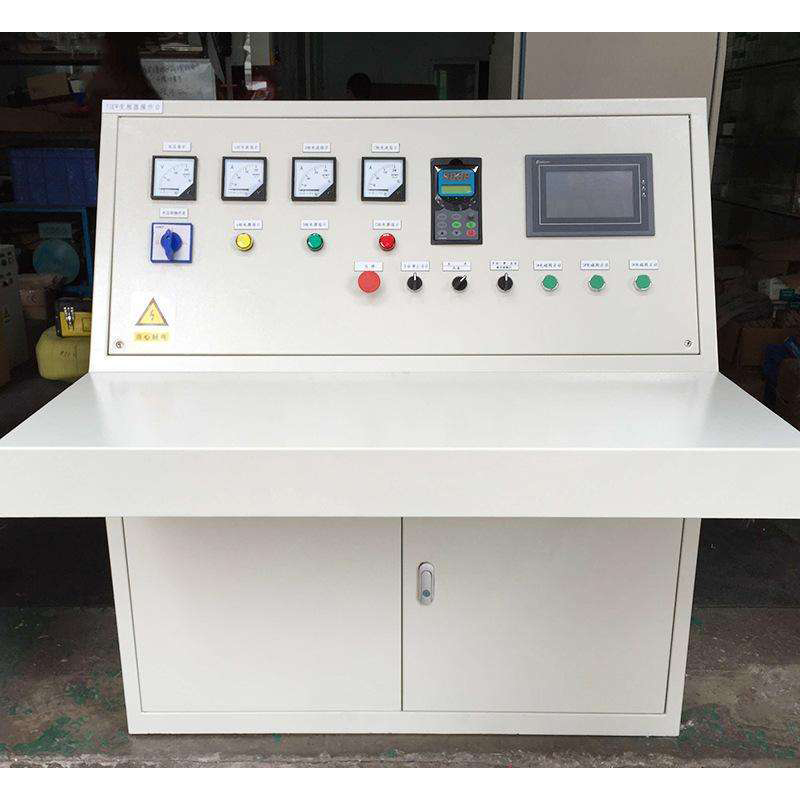
Sep . 06, 2024 17:40
Back to list
Advanced Metering Systems for Accurate Energy Measurement
Understanding Metering Systems An Essential Component of Modern Infrastructure
Metering systems are crucial for monitoring and managing the consumption of resources such as electricity, water, and gas. As the world continues to evolve and urbanize, the importance of accurate metering systems has become more pronounced. This article will explore the definition, types, and significance of metering systems in today's society.
At its core, a metering system is designed to measure the quantity of resources consumed by households, industries, and commercial establishments. These systems ensure that users are billed accurately based on their consumption patterns and also play a significant role in resource management and conservation.
Types of Metering Systems
Metering systems can be categorized into several types based on the resource they measure
1. Electricity Meters These devices record the amount of electrical energy consumed by a residence or business. Traditional mechanical meters have been largely replaced by smart meters, which allow for two-way communication between the utility and the user. Smart meters can provide real-time data, enabling users to monitor their energy usage and make informed decisions to reduce consumption.
2. Water Meters Water meters track the volume of water consumed in homes and businesses. Similar to electricity meters, advancements in technology have led to the development of smart water meters that can detect leaks, track consumption patterns, and send alerts to users about excessive usage.
3. Gas Meters These meters measure the volume of natural gas used. They can be mechanical or electronic, with electronic meters offering enhanced features like automatic readings and integrated leak detection capabilities.
metering systems

4. Multi-utility Meters In some cases, meters are designed to measure multiple utilities, such as electricity, water, and gas, from a single device. This consolidation can simplify billing and monitoring for consumers.
The Importance of Metering Systems
The significance of metering systems extends beyond merely billing users. They are critical in promoting energy conservation and sustainable resource management. With the implementation of smart metering technologies, users can access detailed information about their consumption habits. This data empowers consumers to adjust their usage and adopt more energy-efficient practices.
Additionally, metering systems support utility companies in grid management and planning. By analyzing consumption data, utilities can forecast demand, optimize energy production, and make informed decisions about infrastructure investments. This capability is increasingly vital as renewable energy sources become more prevalent and grid stability takes on new challenges.
In the context of global sustainability goals, metering systems have a role to play in reducing wastage and promoting responsible resource use. Governments and organizations can implement policies that encourage the adoption of smart metering technologies, further enhancing data accuracy and enabling better resource management.
Conclusion
In conclusion, metering systems are an integral part of modern infrastructure, enhancing efficiency and sustainability across various sectors. As technology continues to advance, the evolution of metering systems will contribute significantly to resource management, providing valuable insights that can help address some of the most pressing challenges of our time, including climate change and resource scarcity. The future of metering is bright, and its impact will be felt across the globe as we strive for a more sustainable and efficient energy landscape.
Latest news
-
Safety Valve Spring-Loaded Design Overpressure ProtectionNewsJul.25,2025
-
Precision Voltage Regulator AC5 Accuracy Grade PerformanceNewsJul.25,2025
-
Natural Gas Pressure Regulating Skid Industrial Pipeline ApplicationsNewsJul.25,2025
-
Natural Gas Filter Stainless Steel Mesh Element DesignNewsJul.25,2025
-
Gas Pressure Regulator Valve Direct-Acting Spring-Loaded DesignNewsJul.25,2025
-
Decompression Equipment Multi-Stage Heat Exchange System DesignNewsJul.25,2025

